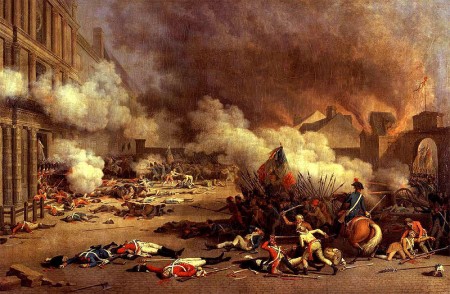
The other day I was re-reading what should perhaps be on every politics student’s bookshelf, Coercion, Capital and European States: AD 990-1992 by Charles Tilly. In this book Tilly examines what formed the modern state by looking at the impact of Europe’s violent history. In contrast to other theories like the idea of a social contract, Tilly argues that: “War wove the European network of national states, and preparation for war created the internal structures of states within it.” The European welfare state as we know it today, Tilly argues, occurred as an inadvertent spin-off from rulers’ bargaining with subject populations when seeking to extract the means to wage war. In exchange for giving up their most valuable resources (sons, lands, weapons, animals), citizens were granted civil rights, social benefits and protection by the state in return.
Throughout the more than 200 pages of historical anecdotes, AD 990-1992 develops a convincing argument that it was indeed rulers’ zeal for developing and adapting to new types of war – thus changing the nature of political-bargaining – that pushed state-transformation. For example, in Revolutionary France the public only agreed to mass disarmament and conscription in exchange for rights of civil suit, local assembly and social benefits.
